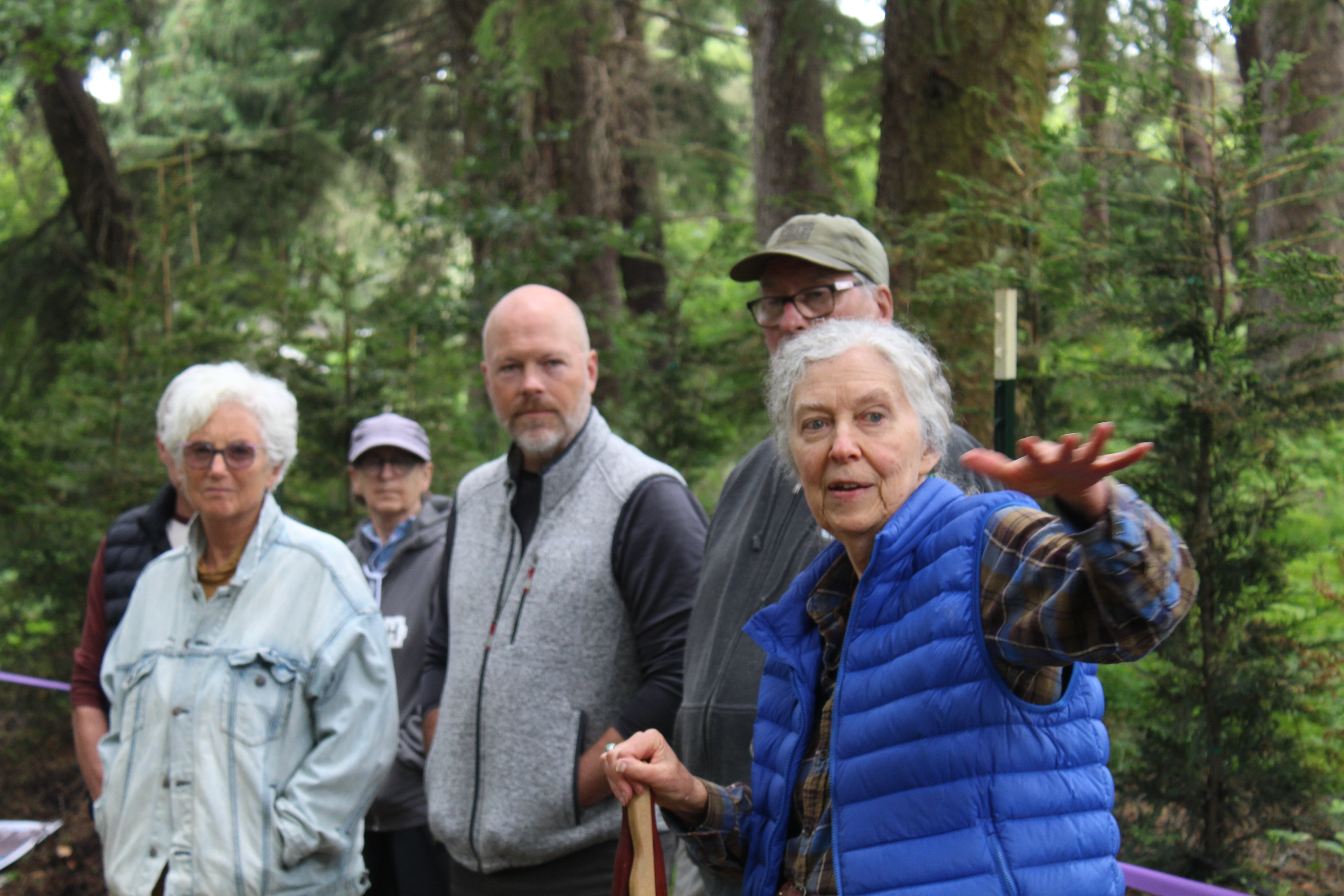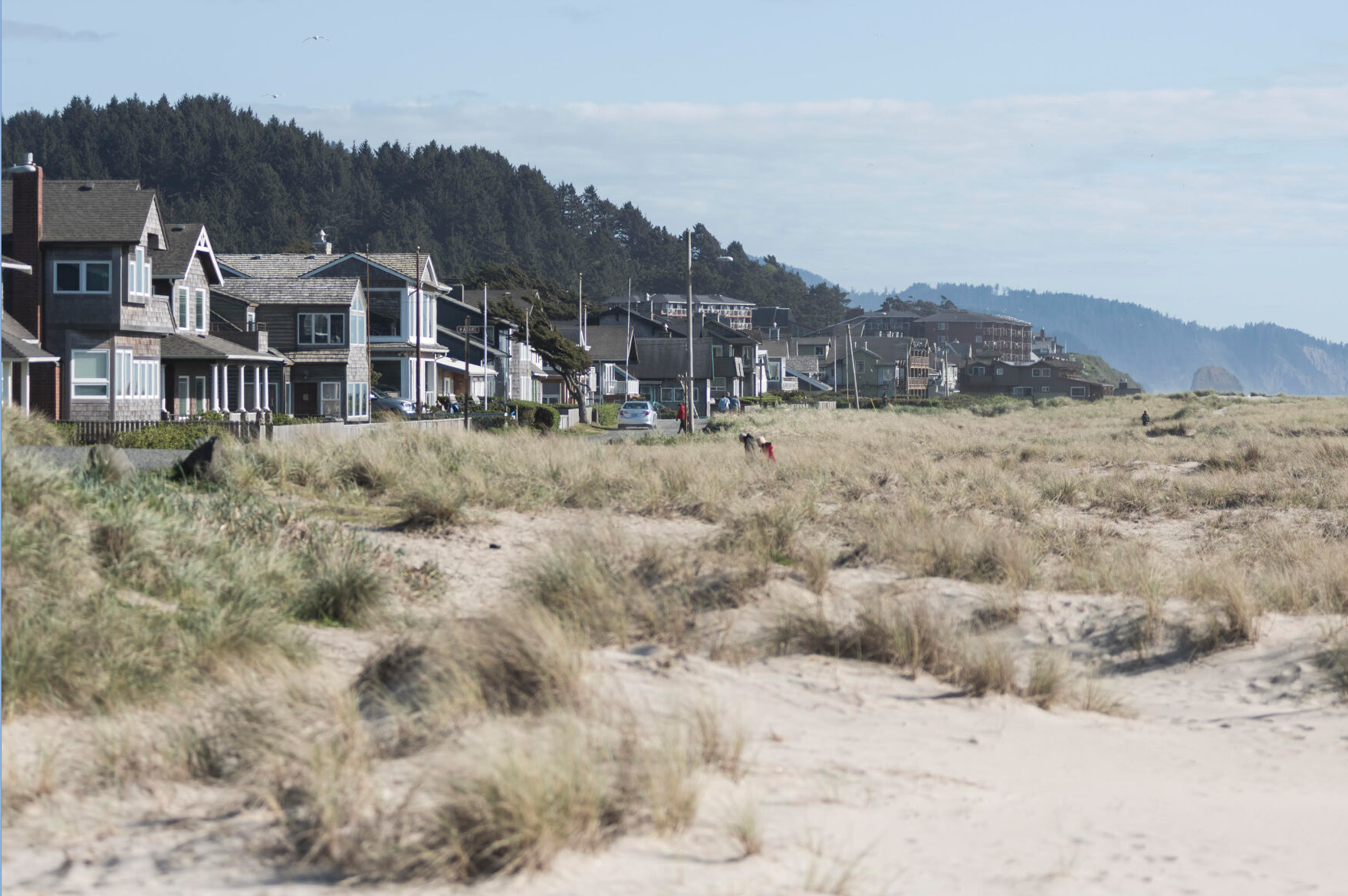Behind the News: ‘Stories are important because it helps us see the world in new and different ways’
Published 12:30 am Saturday, February 3, 2024

- The Seaside City Council will hold a work session to review the library’s policy manual.
These are fraught times to be a librarian.
Trending
Every year, the Oregon Intellectual Freedom Clearinghouse gathers information on challenges to books and other materials at libraries and schools.
In the fiscal year that ended in June, 93 titles were challenged, a historic high since the clearinghouse started keeping track in 1987. Many of the challenges involved complaints that the material was sexually explicit or contained LGBTQ+ content.
The situation in Oregon mirrors what’s taking place nationally. The American Library Association reported that the number of attempts to censor library materials and services through the first eight months of last year was on pace to break the record set in 2022.
Trending
Wendy Cornelisen, the Oregon state librarian, said it can be difficult to pinpoint exactly why there is an increase in book challenges, whether it is about control, deep concerns about the politics of a region or other factors.
“But I think when we get to a point where librarians are being threatened and harassed is when there needs to be a recognition that libraries are here as a public good,” she said. “We are an anchor institution. We are a community space that is intended for the community to come to and be welcomed.
“And, in a way, as a knowledge center, to be a place of learning for everyone in the community.”
Cornelisen has served as state librarian since 2022. She previously had library management roles in Georgia and Tennessee.
In an interview via Zoom, Cornelisen discussed the importance of preserving public libraries.
Q: During the last fiscal year, the number of titles challenged at Oregon libraries reached a historic high. What are the factors driving these challenges?
A: It’s a great question. We see challenges coming from a few different veins.
In some cases, there’s a list. There’s a list that feels like it’s been passed around the country, and the same books are getting challenged just over and over again.
It feels like some people don’t even check and see if the library owns the book. You just walk in and ask, ‘Hey, I want to challenge this book.’
I always sigh a little bit internally and sort of just shake my head every time Toni Morrison is on the list. She is a personal favorite of mine.
But there does seem to be a concerted effort happening to challenge books right now.
Q: Many of the challenges involved complaints that the materials were sexually explicit or included LGBTQ+ content. Has that been the pattern over time?
A: That is certainly the pattern we’re seeing, not just in Oregon but nationally. And there is that distinct pattern happening over the last few years especially.
Q: Through the internet, people have access to more information than perhaps at any time in our history. People can also learn about and purchase books directly from bookstores and online retailers. Why is it important for public libraries to provide access to materials like the ones found on the most challenged books list?
A: First of all, and kind of most obviously, not everybody can afford to buy their own books. Not everybody has a credit card with which to purchase material online, and whether that’s because they’re not old enough yet to have a credit card, or they just don’t have a credit card.
There’s a lot of reasons why there’s just that initial hurdle.
More importantly, we’ve decided — and I will use that phrase in big ways, society has decided — that libraries are important, that collectively we can come together and lower that burden for people to find material, find knowledge, that they want to have access to.
Making sure that the stories of everyone in the community are available is also really important, whether that’s a story that someone can personally relate to or a story that is entirely different from them.
Stories are important because it helps us see the world in new and different ways.
Q: What advice do you give to local librarians about how to handle challenges?
A: When I talk to local libraries about how to handle challenges I want to make sure that they have strong collection development policies in place, that they have a challenge process in place, that everyone on staff knows what that process looks like.
Because a person who comes in to ask questions about a book or access to a material may speak to anyone who’s working in the library.
But I also want to remind them how important their jobs are, about making sure that people can access the materials that they need, and that they can speak to the value that libraries bring to the community.
Q: In January, the State Library of Oregon issued a statement citing a distressing rise in budget cuts to libraries. What do you see as the reasons behind these decisions?
A: We know that library funding is really a local issue, and so there’s a lot of different reasons why a community may decide to lower the funding for a library.
It’s always sad when that happens, but there are a lot of different reasons for it.
Q: In what ways does the State Library of Oregon help rural areas stay connected and have access to a broader range of materials?
A: Here at the State Library, we do a couple different things that help anyone in Oregon have access to, especially, online resources.
We have a collection of statewide library databases that anyone in Oregon can access, and that’s a whole different set of resources that does require internet access and a computer.
We also help libraries make sure they have resources to be able to provide internet access and computers for folks to work off of.









